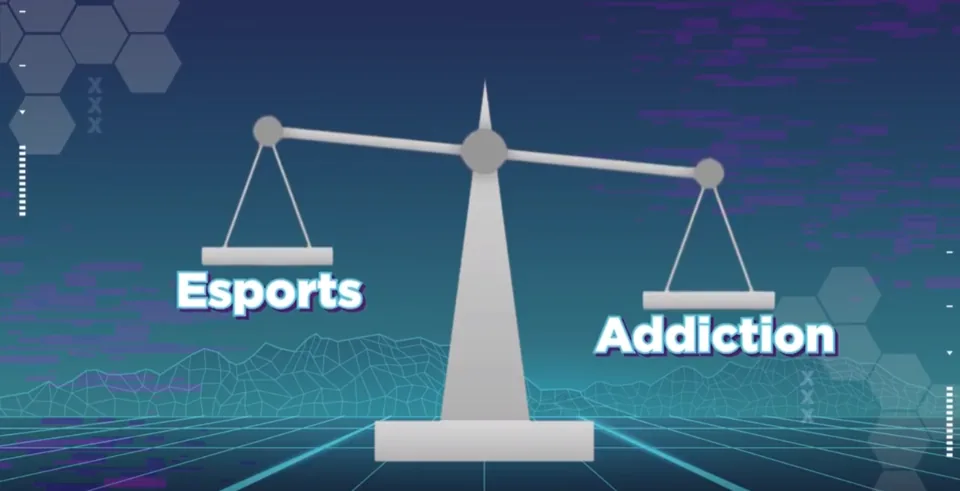
Effectively Combating Video Game Addiction: How Training Can Help
While video game addiction should not be overlooked, it’s important to recognize that many players are driven by a genuine passion to pursue a professional esports career. Similar to traditional sports, parents are discovering effective ways to engage in constructive conversations with players about their concerns and seek out support that offers structured training and encourages healthy habits. This is where Esports Tower can make a valuable contribution.
Esports Tower’s paid coaching plans are designed to address the issue of video game addiction and promote healthy gaming habits – including balancing screen time to improve your gameplay. Our team of experienced professionals works with kids to develop a game plan. In doing this we identify players goals and break them down into steps to achieving them. In doing this, we also identify problem behaviors and develop strategies to overcome them.
Through a combination of individual and group coaching, our program helps children develop a healthy relationship with video games, emphasizing balance, moderation, and responsible gaming habits. We also provide parents with the tools they need to support their children in making positive changes.
Spotting Addictive Behaviors
Coaching players to find balance while pursuing their passion can be challenging. Understanding the differences between players that are simply obsessed with something their passionate about versus someone with an unhealthy addiction can be hard to spot.
The difference between a healthy obsession with esports and a video game addiction is primarily in the level of control and impact on an individual’s daily life.
A healthy obsession with esports may involve spending a significant amount of time playing or watching esports, but it does not necessarily interfere with an individual’s daily responsibilities, such as work, school, or relationships. In addition, a healthy obsession with esports may provide social benefits, such as being part of a community or team and engaging in teamwork and communication skills.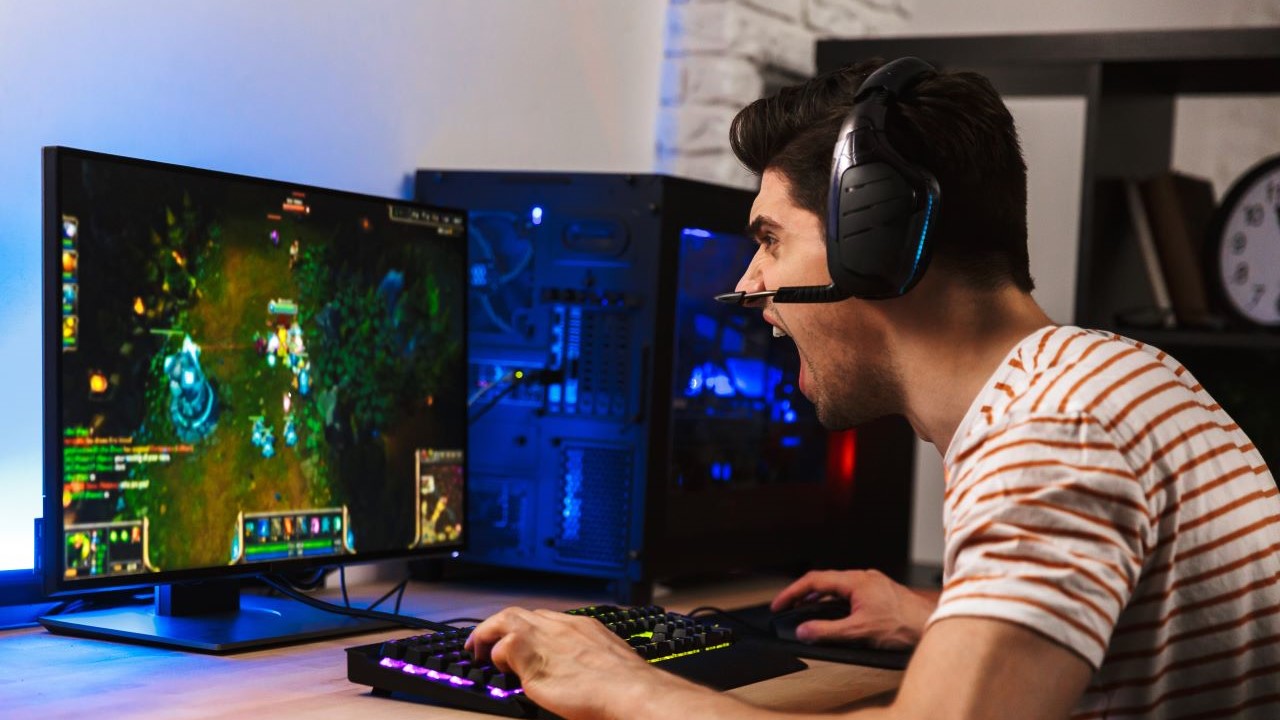
On the other hand, a video game addiction is characterized by a compulsive behavior pattern that results in significant negative consequences for an individual’s life. This may include neglecting personal hygiene, social isolation, poor academic or work performance, and neglecting important relationships. An addiction may also result in physical and psychological health problems, such as lack of sleep, depression, and anxiety. They may neglect important responsibilities such as work, school, or relationships and may experience negative consequences such as social isolation, sleep deprivation, or physical health problems.
The main difference between a healthy obsession and a video game addiction is the level of impairment or distress that the behavior causes. While a healthy obsession can be a positive aspect of a person’s life, a video game addiction can have negative consequences and may require professional help to overcome.
Ultimately, the key difference between a healthy obsession with esports and a video game addiction is the level of control an individual has over their behavior and the impact it has on their life. While esports can be a fun and engaging hobby, it is important to maintain a healthy balance and ensure that it does not become an addiction that negatively affects an individual’s well-being.
Our coaching program uses evidence-based approaches and proven techniques to help children overcome video game addiction and build a brighter future.
Don’t let video game addiction be a concern, let our coaching team help. Learn more about our program and how we can help your child develop healthy gaming habits for life.
Are you worried that your child is addicted to video games? We understand that video games can be a fun and engaging way to pass the time, but they can also be a major distraction from schoolwork and other important activities.
That’s why we’ve created an esports training program that helps parents monitor and support their child’s passion for video games with a pathway to pivot that passion into opening their worldview into the may professions playing can lead to.
Our programs help parents set limits on screen time, monitor their child’s gaming habits, and provide support and resources for those who want to support their child’s passion while providing a more balanced approach to championing a career in esports. So if you’re looking for a way to help your child break free from video game addiction, then our program may offer you a perfect solution.
Training Regimes for Adolescent Athletes
The training regime for child athletes hoping to go pro can vary depending on the sport and the child’s age and experience level. However, some common elements of a training regime for child athletes include:
- Skill development: Child athletes should focus on developing their technical and tactical skills for their chosen sport. This can involve drills, practice games, and working with coaches and trainers to improve their technique.
- Physical conditioning: Child athletes should also improve their physical fitness, including strength, endurance, agility, and flexibility. This can involve running, weight training, plyometrics, and yoga.
- Mental preparation: Child athletes should also work on their mental preparation, including goal-setting, visualization, and relaxation techniques. They should also learn strategies for coping with pressure and setbacks.
- Rest and recovery: It’s important for child athletes to allow time for rest and recovery between training sessions and competitions. This can include proper nutrition, hydration, sleep, and relaxation activities.
It’s important for child athletes to work with qualified coaches and trainers who understand the physical and emotional needs of young athletes. It’s also important for parents to support their child’s training and development positively and healthily, and to prioritize their child’s overall well-being over a focus on winning at all costs.
How Many Hours Do Child Athletes Train?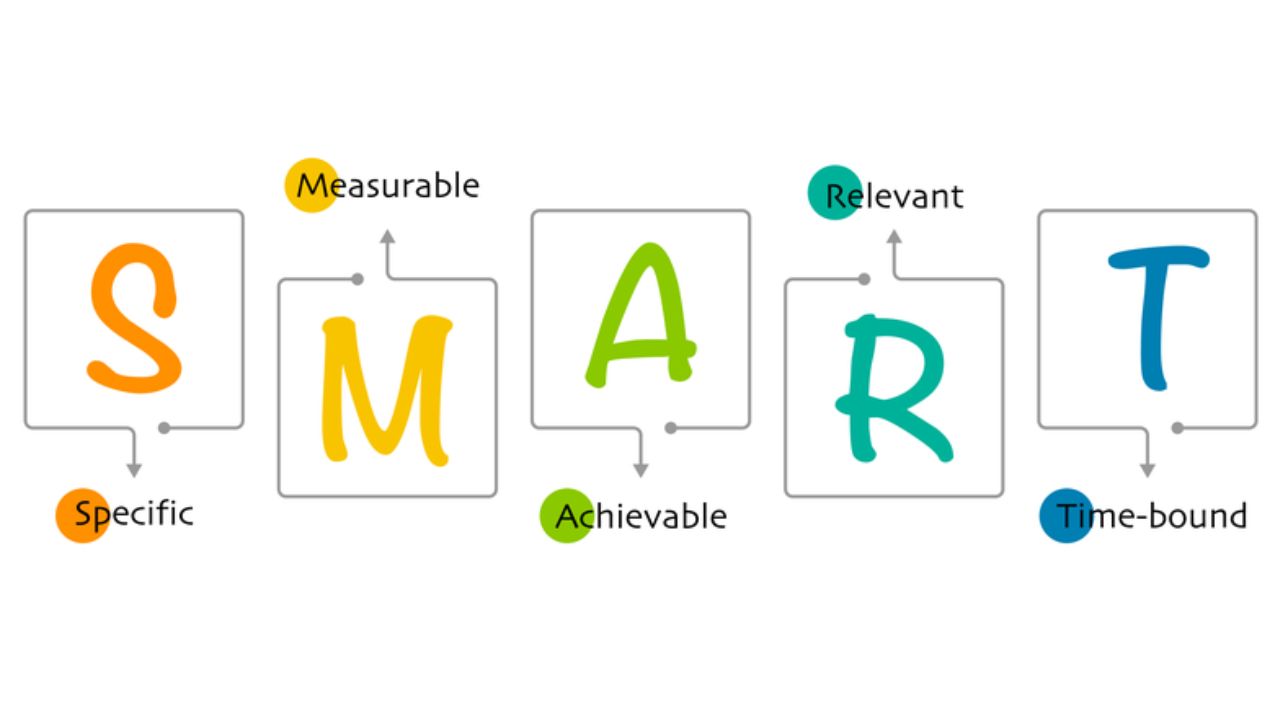
The number of hours child athletes typically spend practicing per day can vary depending on several factors, such as the child’s age, sport, level of experience, and personal goals. Additionally, it’s important to note that it’s not always advisable for children to engage in intense, high-volume training regimes, as this can increase the risk of injury, burnout, and other negative outcomes.
That being said, here are some general guidelines for the amount of practice time that child athletes may engage in:
- For very young children (under 6 years old), play-based activities and unstructured physical activity are generally recommended, with no more than 1-2 hours of structured practice per week.
- For children aged 6-12, structured practice may increase to 2-3 hours per day, focusing on skill development and enjoyment of the sport. Rest and recovery time should also be prioritized.
- For adolescents aged 13-18, practice time may increase further, up to 3-5 hours per day or more, focusing on technical and tactical development, physical conditioning, and mental preparation. However, it’s crucial to balance this with adequate rest and recovery time to avoid overtraining and burnout.
It’s important to note that these are just general guidelines and that the specific training regime for each child should be tailored to their individual needs and goals, focusing on prioritizing their overall health and well-being. At Esports Tower we encourage players to develop SMART goals – which help set limits and focus on outcomes. Parents, coaches, and trainers should collaborate to create a balanced and sustainable training plan for child athletes.
Supporting Your Player In Their Pursuit Of A Professional Career
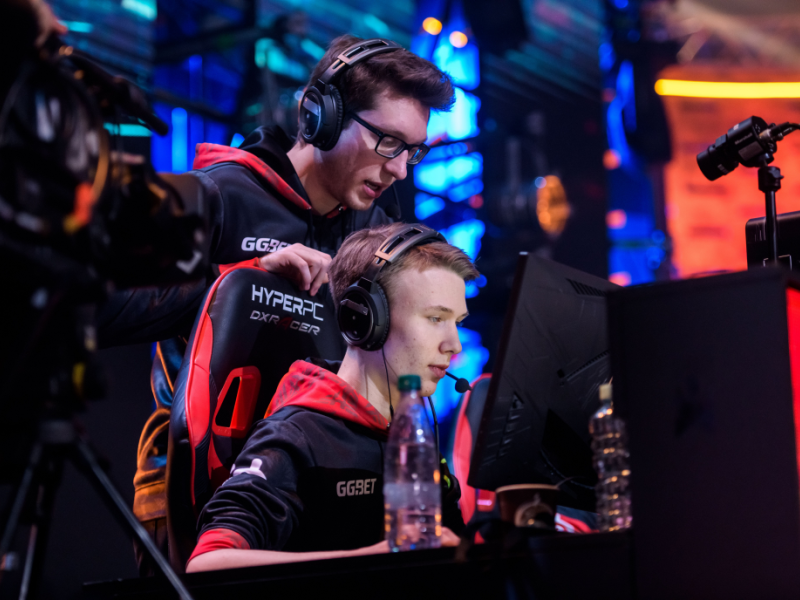 If your child is interested in pursuing a career in sports, there are several things you can do as a parent to support and encourage their goals:
If your child is interested in pursuing a career in sports, there are several things you can do as a parent to support and encourage their goals:
- Encourage a balanced approach: While supporting your child’s passion for sports is important, it’s also important to encourage a balanced approach that prioritizes their overall well-being. This can involve emphasizing the importance of rest and recovery, maintaining a healthy diet, and engaging in other interests and activities outside of sports.
- Provide emotional support: Pursuing a career in sports can be challenging and requires a lot of dedication and hard work. As a parent, you can provide emotional support by being there for your child through the ups and downs, listening to their concerns, and celebrating their successes.
- Invest in quality training: To help your child develop their skills and reach their potential, it’s essential to invest in quality coaching and training. This can involve finding experienced and qualified coaches, joining a competitive team or club, or hiring a personal trainer or sports psychologist.
- Foster a growth mindset: Encourage your child to embrace a growth mindset, where they see challenges and setbacks as opportunities for learning and growth. This can help them stay motivated and resilient in the face of challenges.
- Focus on education: While pursuing a career in sports can be a fulfilling goal, it’s also essential to
- prioritize education and academic achievement. Please encourage your child to prioritize their studies and pursue a well-rounded education that will prepare them for various career paths.
Ultimately, the most important thing you can do as a parent is to be supportive and encouraging of your child’s goals while also helping them maintain a healthy and balanced approach to pursuing a career in sports.
Concerned About Unhealthy Obsession?
If you are a parent concerned that your athletic child is unhealthily obsessed with training, we encourage you to get in the game. Playing with your child opens up new ways to have conversations.
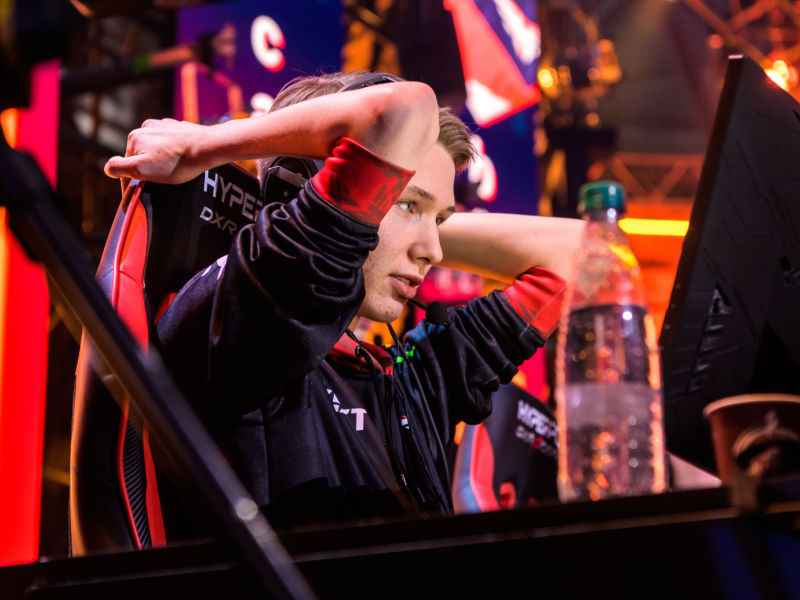
Here are some pieces of advice:
- Observe their behavior: Take note of how much time your child spends on training and whether they seem to neglect other aspects of their life, such as schoolwork, friendships, and family time. Look for signs of burnout, such as decreased motivation, moodiness, and fatigue.
- Talk to them: Have an open and honest conversation with your child about their training and goals. Ask them how they feel about their training and whether it’s taking up too much of their time and energy. Listen to their concerns and offer support and guidance.
- Encourage balance: Help your child prioritize balance by encouraging them to engage in other activities and hobbies outside of sports. Emphasize the importance of rest and recovery and encourage them to take time off from training when needed.
- Seek professional guidance: Consider seeking advice from a qualified sports psychologist or mental health professional who can help your child develop healthy habits and coping strategies.
- Set boundaries: If necessary, set boundaries around training time and other commitments. Please help your child create a schedule that allows for adequate rest and recovery time and encourages them to maintain a healthy and balanced lifestyle.
Remember, while it’s important to support your child’s passion for sports, it’s equally important to prioritize their overall health and well-being. By encouraging balance and open communication, you can help your child develop healthy habits and avoid the negative consequences of an unhealthily obsessive approach to training.
What You Can Do To Help Curb Video Game Addiction
If you are concerned about a video game addiction, there are several steps you can take to get help:
- Identify the problem: The first step in getting help is to recognize if you have a problem. This can be difficult, as video game addiction vs. a passion to become a pro player can be hard to spot. It’s important to acknowledge if these behaviors is causing harm or if they’re simply obsessed with reaching their professional goals.
- Talk to someone: Reach out to a trusted friend, family member, or mental health professional to discuss your concerns. They can provide support and guidance on how to manage your addiction.
- Consider therapy: Cognitive-behavioral therapy (CBT) and other forms of psychotherapy can help you identify and change the underlying thought patterns and behaviors that contribute to your addiction.
- Join a support group: There are many support groups for video game addiction, such as Game Addicts Anonymous or Online Gamers Anonymous. These groups provide a safe and supportive environment for people to share their experiences and learn from others.
- Limit access: Limiting your access to video games can help reduce the temptation to play excessively. This can involve setting boundaries on when and how long you can play or even removing the games from your home altogether.
Remember, recovery from video game addiction is a process that takes time and effort. It’s important to seek professional help if you’re struggling and to surround yourself with supportive people who can help you on your journey toward recovery.
A True Story
Our first suicide care at Esports Tower came from a player whose parents simply didn’t understand their passion. The Player was a great kid, passionate about their performance and improvement. At first, their parents were supportive, allowing them to advance through tournaments and attend events. Then, as the player received scholarships, their parents became concerned. You see, their child was an A-student, and they envisioned an Ivy League education followed by a high-performance professional career in their chosen profession. Sadly, this was not the path their child had a passion for. To change behaviors, the parents pushed their players to reduce their playing time by requiring an after-school job. The child complied. They went to school, maintained their A-grades, and after school, they worked a part-time job. And when they got home, finished their homework, they played. They played a lot because, to them, their passion hadn’t changed. The player became increasingly frustrated, angry, and stubborn. As the parents put more and more conditions on their screen time, the player’s outlook evolved from anger to anxiety to, ultimately, depression. Their coaches were forced to escalate their concerns after the player, now hopeless, began to speak of ending their life. As is our protocol, we connected the player with national suicide prevention and local organizations to get them support and connected to professional counselors. Our coaches continued to be supportive and encouraging while closely monitoring for escalating behaviors. Despite the player complying with every condition their parents placed on them, the player’s parents finally contacted us to terminate their training program, which is how we discovered the disconnect of what each of them considered “success”. Sadly, we do not know how this story ended, but we do need you to know we want to be part of the solution, not support unproductive behaviors.
If you’re concerned about your child’s passion for play, talk to their coach or call our program manager. We only see them a few hours each week, while you can help open our understanding to broader behaviors.
The Esports Tower Approach has 12 distinct levels of focus designed to prepare players for the next level in a professional path, but also addresses unproductive behaviors professional organizations avoid – such as video game addiction.
If you haven’t joined, consider connecting with us by signing up for our Parent’s Club. On Discord we discuss various topics, and parents share techniques they’ve tried, too.
We hope to see you there.

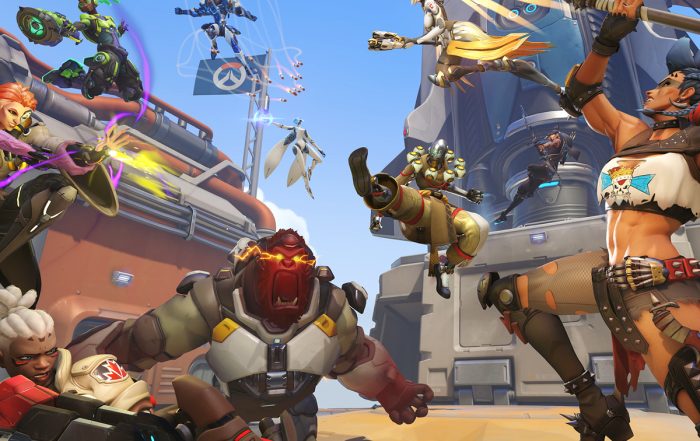

Get Social